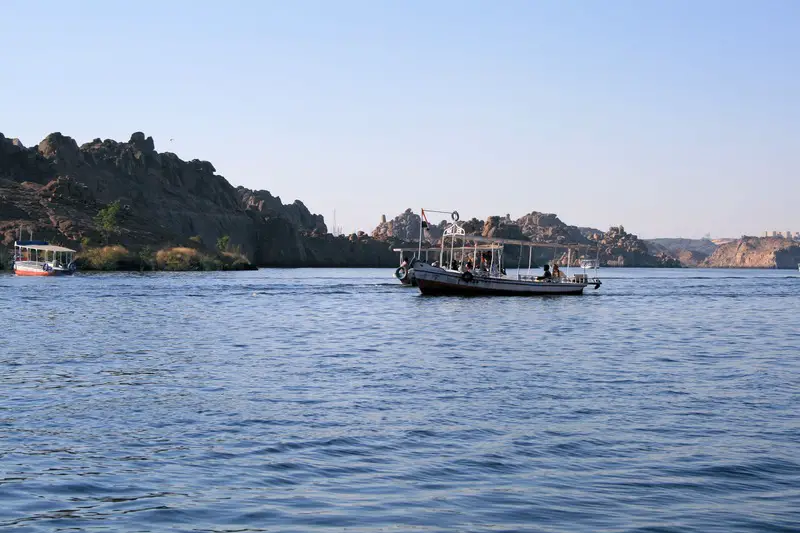On February 26, 2024, a ferry transporting day laborers tragically sank in the Nile near Egypt’s capital, leading to the death of a minimum of 10 out of the 15 passengers onboard, as confirmed by local law enforcement.
The tragic event occurred near Monshat el-Kanater, a town located in Giza, known for its ongoing issues regarding the safety of regional ferry travel.
The Ministry of Manpower issued a statement confirming that five survivors received medical treatment at a local hospital and were later discharged in stable condition. The ministry also declared financial compensation for the victims’ families, promising approximately $6,466 to the bereaved families and around $646 to each survivor. The precise reason for the ferry’s sinking remains undisclosed.
At the time of the incident, the laborers were en route to a local construction company. The recovery operations for the victims’ bodies took several hours, with the local media covering the search efforts extensively.
Being part of the Greater Cairo area, Giza is often the location of various transportation accidents. Incidents involving ferries, railways, and roads are common, largely attributable to subpar maintenance and deficient regulation.
This unfortunate event is the most recent in a string of transportation accidents in Egypt. In 2022, a truck fell from a ferry into the Nile, resulting in the death of two people, while eight others were declared missing. In 2015, a deadly collision between a passenger boat and a scow on the Nile led to 35 fatalities.
The everyday use of boats is a common routine among Egyptians, particularly in Upper Egypt and the Nile Delta. In addition, the Nile River is a popular site for national holiday celebrations.
This Nile ferry tragedy highlights the urgent need for Egypt to improve maintenance and tighten oversight over transportation, especially to ensure the safety of laborers who risk their lives daily for their livelihood.
While providing aid to the affected families is a vital step, it’s equally important to channel resources toward preemptive measures to avoid such devastating incidents in the future. This includes regular safety checks, maintenance activities, and strict adherence to safety standards.











